‘Key’ Into Music
Music note icon. Vector illustration
March 31, 2023
Sometimes, you might find yourself bored out of your mind. I certainly do. Quite a lot, actually. In this case, I turn to music. Many other people listen to music, but I like to play my instruments. If you want to learn an instrument, the first thing you have to do is choose one. When choosing an instrument, there are many factors that you should consider. First, you should decide what instrument you want to play. Say you chose a piano. You have to find a good piano or keyboard that fits within your budget. The most important thing you have to look for in a keyboard is the number of keys. It should have eighty-eight keys. All pianos, save for the Bösendorfer pianos which have slightly more, have eighty-eight keys. You will often find cheap plastic keyboards with less, but these are not ideal because they don’t provide the full capabilities of an actual piano. Something you can do to decide on an instrument to learn is going to a music store that has a variety of instruments and try playing some. It’s just like trying on different clothes at a clothing store. There is always going to be a right fit and a wrong fit. If an instrument feels uncomfortable to play, then set it aside and move on.
Once you have decided on an instrument, the next step is to practice. If you really want to get good at an instrument, you have to practice daily, or at least near daily. Long periods of time without practice can cause you to stagnate. The first thing you should practice is basic musical theory: where the notes are on an instrument, proper posture and hand placement, and note reading. While this seems daunting, it is manageable. To me, music is something that was difficult at one time. I had to learn to read notes (admittedly, I could use some improvement there) and many other things that seemed impossible at the time. There was even a point where I wanted to quit music. Such a time may come to you, but this is normal. Everybody who picks up an instrument to seriously learn it will someday tire of it. But, if you force yourself to at least play something for five minutes every day, you will come to love it again. It reminds me of how squirrels store acorns for the winter. Musicians will store their instruments and will to play somewhere, thinking that they will never pick them up again, but, like a squirrel, they will dig their acorns up again. Repetition is key in music, much like repetition is key in every other acquired skill. Trying to improvise, but you made a mistake? Repeat the mistake. Repetition makes it sound as if you meant to do it (this is an actual sentiment in the music scene, not something that I thought of). But repetition is an essential practice. Practice your music the way an athlete trains for a sport, or a chef perfects a recipe.
If you find yourself bored one day and you want to keep playing music, but your instrument of choice just isn’t cutting it anymore, go online. Watch some videos of people playing. Be inspired. You can also consider downloading a DAW (digital audio workstation) and hooking up a small keyboard to it. While there can be a bit of a learning curve with digital music production if you find a comprehensive (and most importantly, free) DAW that is easy to use, the only limit is your imagination. The simplest DAW is garageband. Everyone has it on their phones or computers or ipads somewhere. All it takes is loading it up and playing around with it. There are so many things that you can do in a DAW; you can do anything from remixing your favorite songs to writing completely new ones. Let yourself be inspired!
As in other activities, you need to pick a goal (or multiple goals) for yourself in music. Is music just a hobby for you? Then you can aspire to perform for your friends. Is music your passion? Then make a billion smaller goals that will take you one step closer to your end goal. Some people want fame and glory, but I don’t like to hang around with those people. These people are generally self-centered and shallow. Whether music is your passion or just a hobby, I think that the only rule that should be followed when it comes to music is that you should never pursue music for shallow or superficial goals. Music, like any renaissance painting or poem, should have a deep meaning.
In conclusion, I love music and I think more people should learn to play music. At least, they should learn to properly appreciate music since a lot of hard work goes into making great music. If you follow the advice I have given you, you are sure to have a great beginning in your musical career (whether it is for fun or for your profession). The main point that you should take away is that while there are specific ways to play every instrument, you should find your own path using those ways. Don’t conform. Great musicians have never conformed and neither should you.













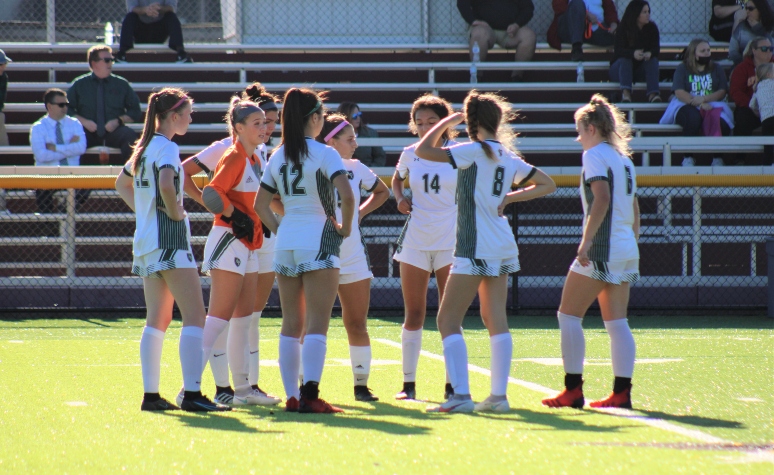

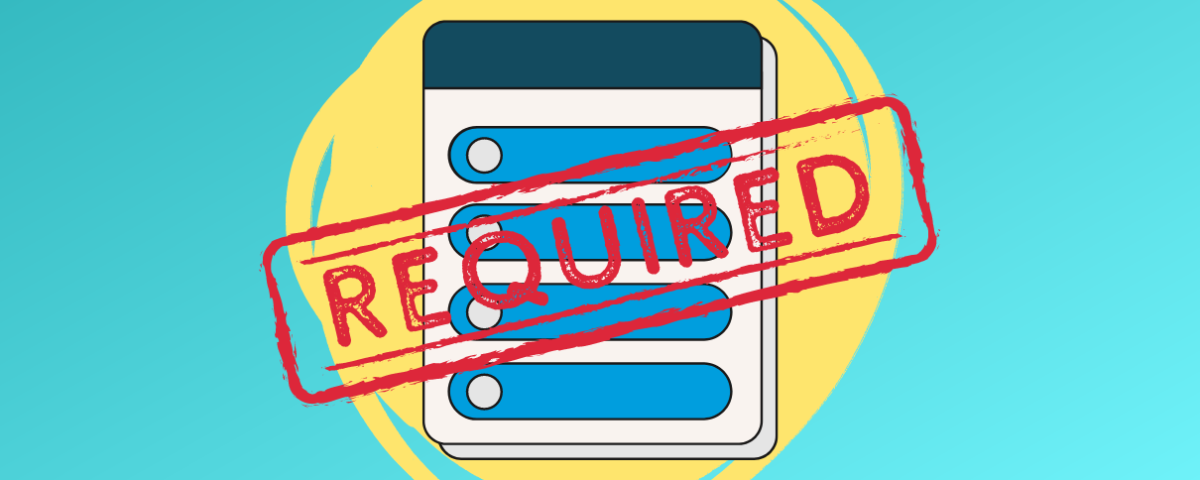
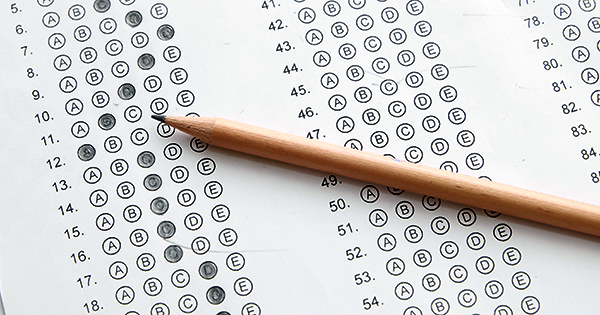
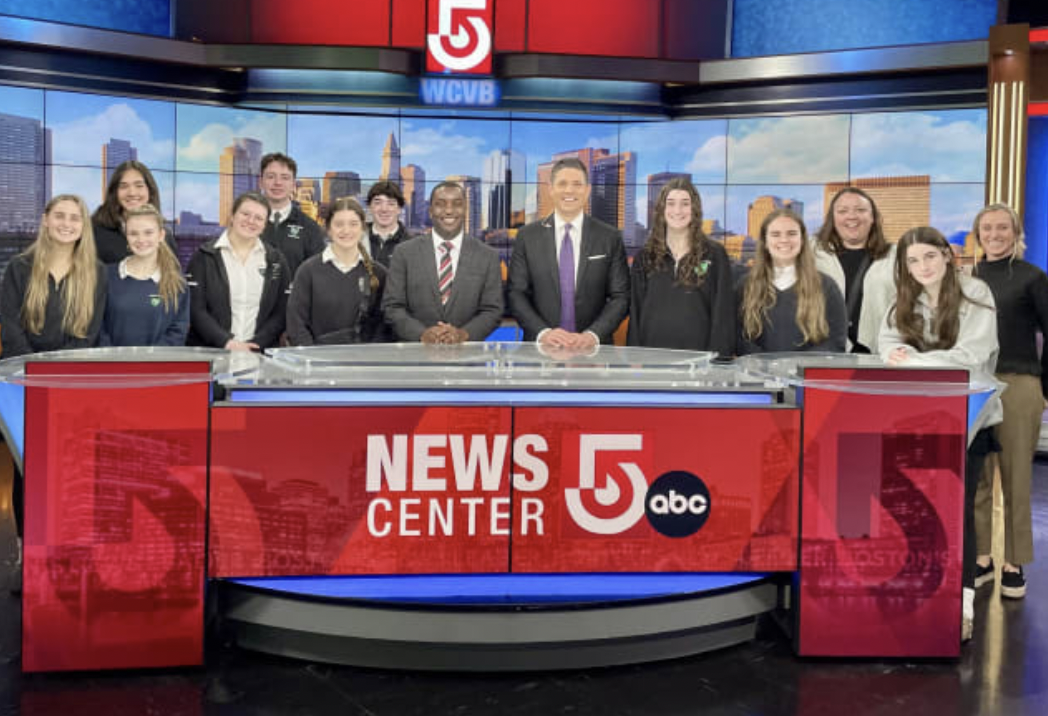
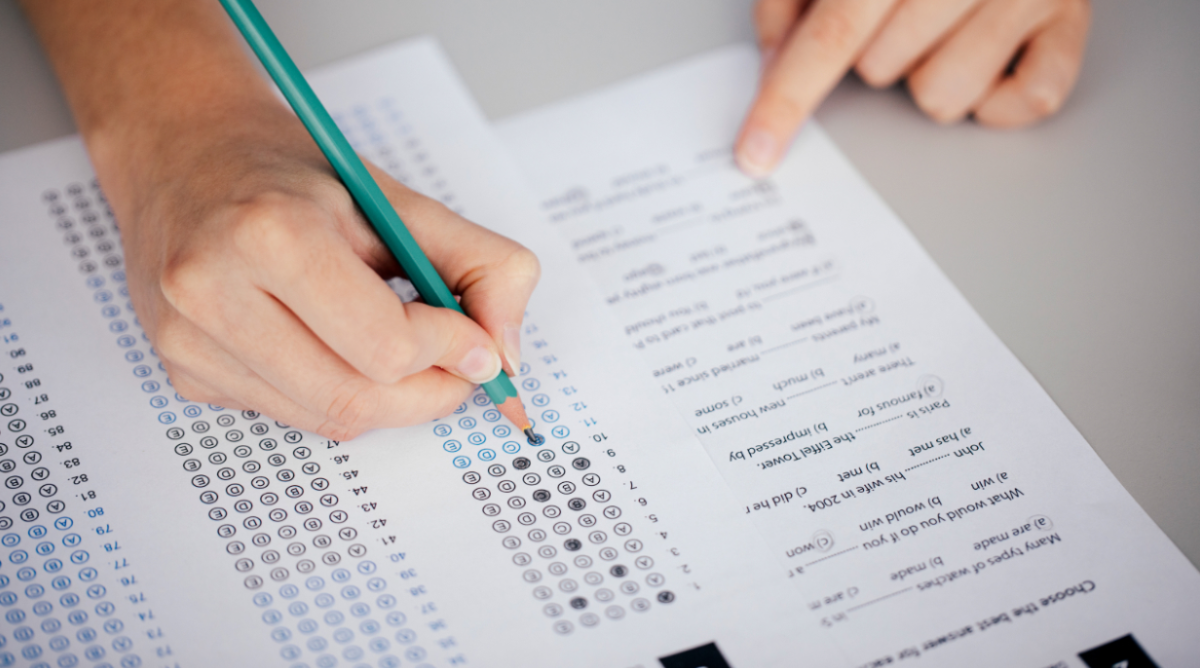






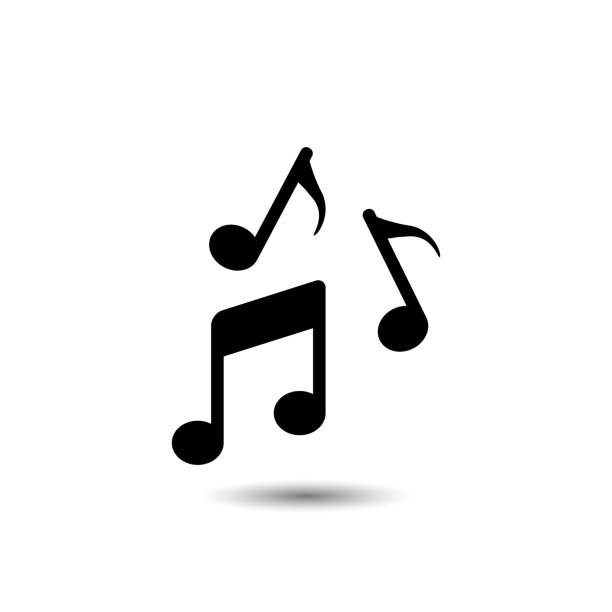
Jared • Apr 3, 2023 at 7:11 am
YAAAAAAAAS QUEEEEEEEEEN!